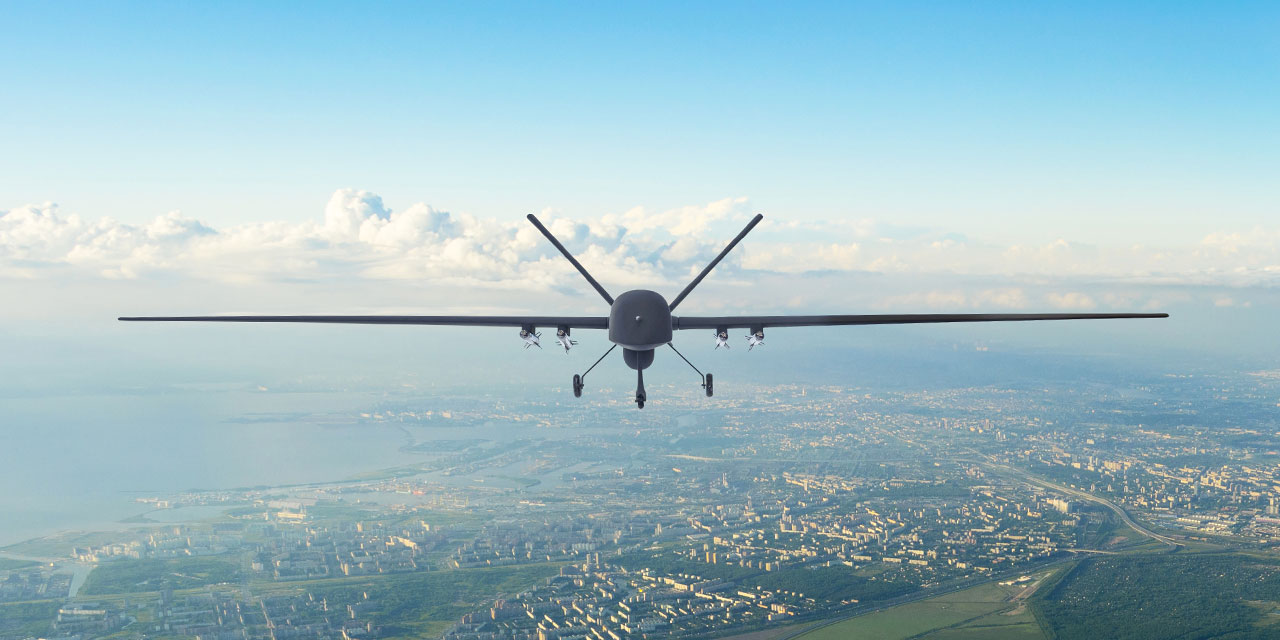Cooperative Security, Arms Control and Disarmament
Online Symposium “Examining Norms and Regulations for Emerging-Technology Weapons: From the Perspectives of Security, Human Rights and Humanitarian Considerations”
December 19, 2020
Tokyo, Japan

On 19 December 2020, the Toda Peace Institute and Platform for Security and Emerging Technologies (PSET) co-organised an online symposium under the title “Examining Norms and Regulations for Emerging-Technology Weapons: From the Perspectives of Security, Human Rights and Humanitarian Considerations”. The innovative format included a panel of speakers who gathered at the Toda Peace Institute in Tokyo, with some 100 participants joining online via Zoom and YouTube. The symposium was conducted in Japanese.
Moderated by Professor Tatsujiro Suzuki from Nagasaki University, the panel was made up of keynote speaker Ambassador Nobushige Takamizawa, Ms. Kanae Doi from Human Rights Watch and Kimiaki Kawai from Toda Peace Institute, joined by Professor Tomohiro Inagaki from Hiroshima University. The participants were government officials, experts, civil society activists, and graduate students.
All speakers presented different perspectives, trying to address the issues of Lethal Autonomous Weapons Systems (LAWS) from multiple angles. Ambassador Takamizawa explained how the government of Japan has been working on highlighting focal topics including the definition, lethality, meaningful human control, the scope of regulations, the relationship with international law and ethics, and confidence-building measures, reviewing the past discussions on international processes. Ms. Doi, a human rights expert, argued why the LAWS should be prohibited, highlighting the key elements of a ban treaty introduced in the latest report “New Weapons, Proven Precedent: Elements of and Models for a Treaty on Killer Robots,” published in October 2020 by Human Rights Watch and International Human Rights Clinic at Harvard Law School. Mr. Kawai argued that the challenge posed in the face of the rapid pace of innovation of military technologies is to address the questions about what may happen, triggered by a new military technology in a risk society today, while Humanitarian Law addresses the questions about what has already happened in armed conflict. As a scientist, Professor Inagaki commented that it is necessary to look at risks in both civil and military use of technologies, also referring to its complicity since a risk is sometimes hard to measure.
Aiming to facilitate dialogue between civil society and policy makers, the symposium attracted positive feedback both from speakers and participants. The format of an online symposium was an effective way to reach the many interested participants, particularly during the Covid-19 pandemic.
A detailed report on the symposium will be published at a later date.
The recording of the online symposium can be found at: https://youtu.be/rWG2ybb6aH4 (The event was conducted in Japanese)